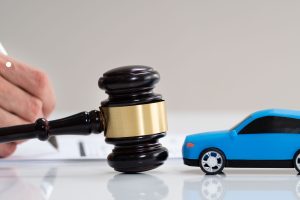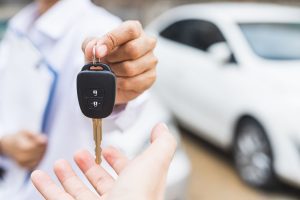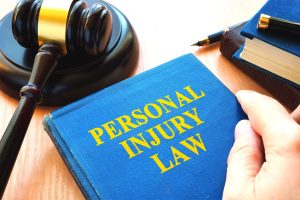If you are a plaintiff in a personal injury case, your Fort Lauderdale injury lawyer may well suggest hiring an actuary – and doing so fairly early on in the process.
This is often a critical first step because actuaries, who are experts in mathematics, statistics, and financial theory, can help us get a better sense of the actual economic loss involved in a case. That reduces the uncertainty when it comes to personal injury settlement negotiations.
The vast majority of Fort Lauderdale personal injury cases are resolved through negotiation with insurers and defendants (as opposed to a trial or even litigation). Before we issue a demand letter or even consider a settlement offer from the other side, we need to know the full extent of your losses.
That might seem simple. As your attorney, we may have a pretty accurate ballpark estimate just from our years of experience in practicing personal injury law. But we’re not just tallying the actual wages you’ve already lost and bills you already owe. We want to know how this incident is going to continue to impact you professionally, financially, physically, mentally, and emotionally – for years to come. Only then can we confidently request or accept a settlement offer.
A common method to determine these kind of damages is called the “multiplier-multiplicand method” or the “courts method.” Basically, we’re looking at the amount of estimated annual loss, multiplied by the number of years that loss is expected to continue. Accuracy is important in these calculations, but without guidance from someone with expertise in finance and risk assessment, these kinds of forecasts can be somewhat subjective and even inaccurate. This is especially true in cases with complex, serious injuries. Continue reading
 Broward Injury Lawyer Blog
Broward Injury Lawyer Blog












